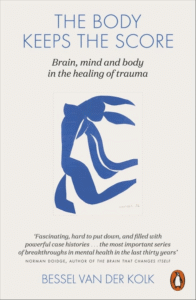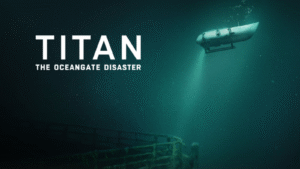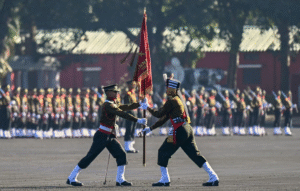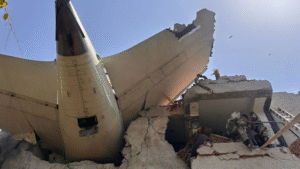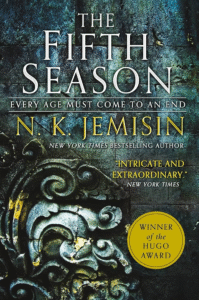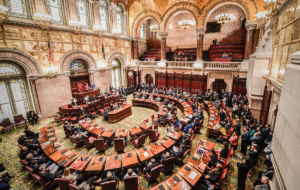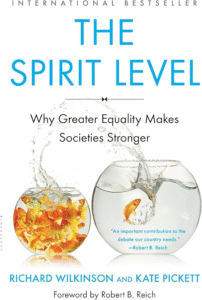Navigating the Crossroads: The Evolving Landscape of Democracy in the 21st Century
The Enduring Promise and Emerging Challenges
The dawn of the 21st century was met with a widespread belief in the ascendancy of democracy as the most legitimate and effective form of governance. Following the collapse of the Soviet Union and the spread of democratic ideals, many anticipated a continued global expansion of free and fair elections, the rule of law, and the protection of fundamental rights. However, the ensuing decades have painted a more complex and nuanced picture. While democratic principles remain influential, the practice of democracy in the 21st century is facing a unique set of challenges, forcing adaptation and raising critical questions about its future trajectory. We will explore some of the key facets of this evolving landscape, examining both the persistent strengths and the emerging vulnerabilities of democratic systems worldwide.

The Digital Revolution and the Remaking of Civic Engagement
One of the most significant forces shaping democracy in the 21st century is the digital revolution. The proliferation of the internet, social media platforms, and mobile technologies has fundamentally altered the way citizens engage with political processes. On one hand, these tools offer unprecedented opportunities for information dissemination, citizen mobilization, and holding power to account. Social movements can organize rapidly, marginalized voices can find platforms, and governments face increased scrutiny. The Arab Spring uprisings, for instance, demonstrated the potential of digital tools to facilitate collective action. However, this digital landscape is also fraught with challenges. The spread of misinformation and disinformation, often amplified by algorithmic biases and state-sponsored actors, can erode trust in institutions and distort public discourse. The rise of echo chambers and filter bubbles can lead to political polarization and hinder constructive dialogue. Furthermore, concerns about data privacy, surveillance, and the potential for manipulation by both state and non-state actors pose significant threats to democratic freedoms and the integrity of electoral processes.
The Rise of Populism and the Erosion of Trust
Another prominent trend in the 21st century has been the rise of populist movements across various democratic nations. Fueled by economic anxieties, cultural grievances, and a perceived disconnect between political elites and ordinary citizens, populist leaders often employ rhetoric that challenges established norms, undermines institutional trust, and appeals to nationalist sentiments. This phenomenon has manifested in different forms, from Brexit in the United Kingdom to the rise of right-wing and left-wing populist parties in Europe and the Americas. Populist movements often question the legitimacy of traditional political institutions, the independence of the judiciary, and the role of a free press, posing a direct challenge to the foundational principles of liberal democracy. The erosion of trust in established institutions, coupled with the simplification of complex issues and the promotion of divisive narratives, can weaken the social fabric necessary for a healthy democratic society.
Geopolitical Shifts and the Resurgence of Authoritarianism
The global geopolitical landscape has also significantly impacted the evolution of democracy in the 21st century. The rise of authoritarian powers and the increasing assertiveness of states with different models of governance have challenged the unipolar moment that followed the Cold War. The influence of these powers, often through economic leverage, technological development, and the spread of alternative narratives, can undermine democratic transitions and support autocratic regimes. Furthermore, the rise of transnational challenges such as climate change, pandemics, and economic instability has highlighted the limitations of purely national solutions and raised questions about the efficacy of democratic decision-making in a complex globalized world. The competition between different political systems and the struggle for influence on the international stage continue to shape the prospects for democratic consolidation and expansion.
Adapting and Reinventing: The Future of Democratic Governance
Despite the challenges, democracy in the 21st century is not static. Efforts to adapt and reinvent democratic practices are underway in various forms. These include exploring innovative models of citizen engagement, such as citizens’ assemblies and participatory budgeting, to foster greater inclusivity and trust. There is also a growing focus on media literacy and digital citizenship education to equip individuals with the skills to navigate the complex information landscape. Strengthening democratic institutions, ensuring the independence of the judiciary and electoral bodies, and promoting transparency and accountability remain crucial. Furthermore, fostering international cooperation among democratic nations to defend shared values and counter authoritarian influence is increasingly important. The evolution of democracy in the 21st century is an ongoing process, requiring constant vigilance, adaptation, and a renewed commitment to its core principles in the face of unprecedented challenges. The path forward will likely involve navigating the complexities of the digital age, addressing the root causes of populism, and adapting to a shifting global order while upholding the fundamental values of freedom, equality, and self-governance.


